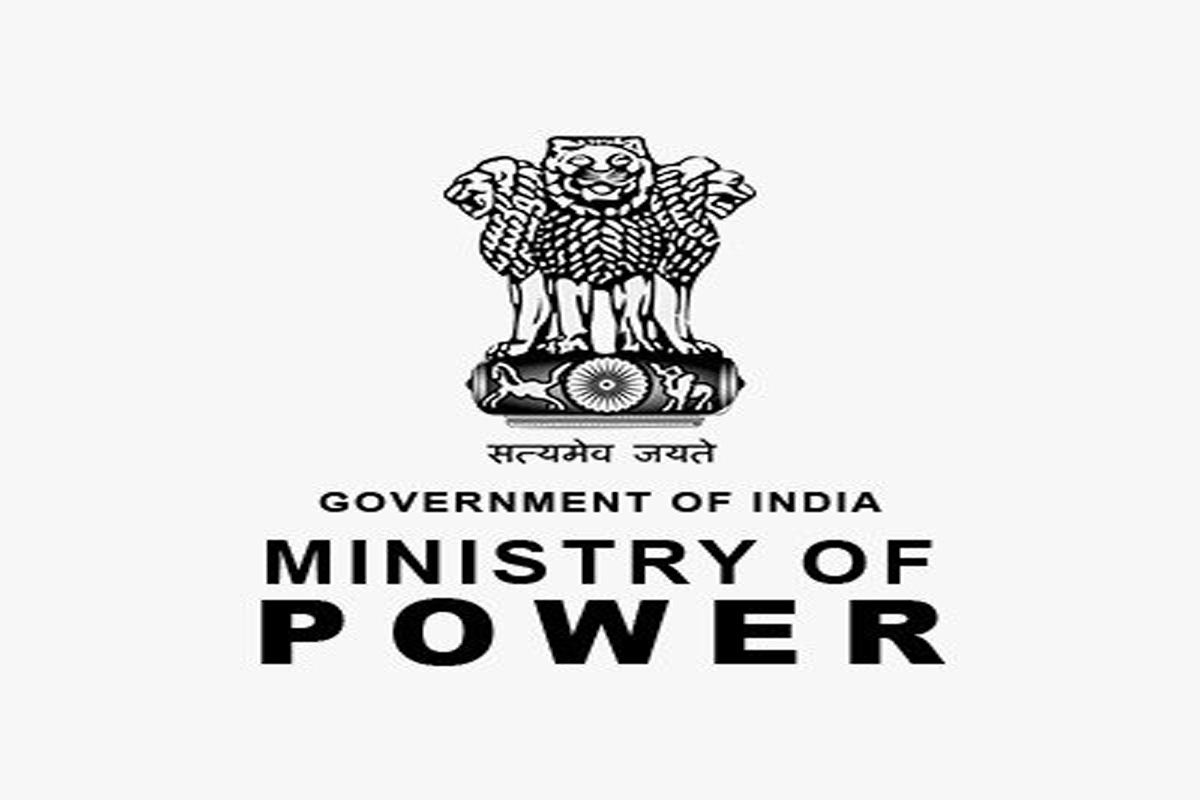NTPC Group crosses 400 Billion Units of power generation
This milestone has been achieved with an average Plant Loading Factor (PLF) of 77.06% for NTPC’s coal stations, till 13th March, 2024 in the current financial year.
Union Minister for Power and MNRE, R.K. Singh, provided this information in a written reply in the Lok Sabha today.

Photo: Twitter/@MinOfPower
The updated consolidated Guidelines & Standards for charging infrastructure were released by the Ministry of Power on January 14, 2022. The following are the key elements that the guidelines and standards outline:
For eight cities with a population of at least 4 million, the Bureau of Energy Efficiency (BEE) has created action plans and delivered them to the relevant State Governments (Mumbai, Delhi, Bangalore, Ahmedabad, Chennai, Kolkata, Surat and Pune).
For the installation of charging stations in these eight cities thus far, scenario-based targets have been prepared under the Action Plans for Business as Usual (BAU), Moderate, and Aggressive Scenarios.
Advertisement
Certain goals were created in accordance with the guidelines and standards set forth by the ministry of power, as well as estimates for the increase of electric vehicle (EV) use in these cities and the demand for EV charging stations, among other factors.
According to preliminary projections, the installation of PCS in these cities by 2030 is planned to include 3263 chargers under the BAU scenario, 23,524 chargers under the moderate scenario, and 46,397 chargers under the aggressive scenario.
Advertisement